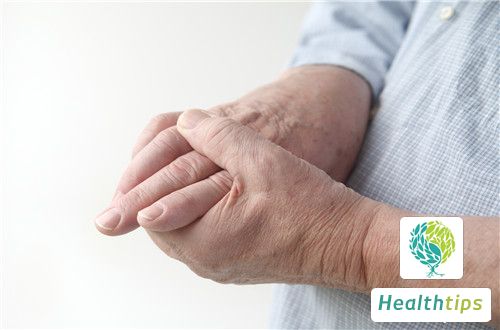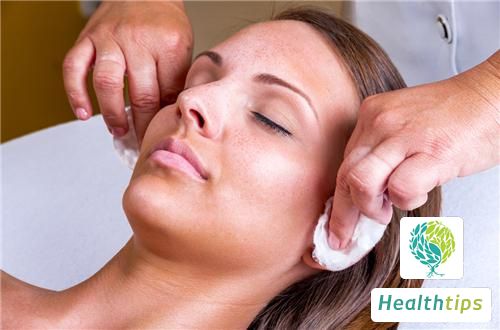"Is Having Saliva in My Mouth While Sleeping a Normal Occurrence?"
The Protective Role of Saliva and Its Normal Production During Sleep
Saliva plays a crucial role in protecting the oral cavity, and its continuous secretion is a normal physiological phenomenon. However, some individuals may notice that even when their bodies are at rest during sleep, their mouths continue to produce significant amounts of saliva, resulting in wetness upon awakening. This can understandably lead to concerns about potential health issues. So, is it normal to have saliva in your mouth while sleeping? Let's delve into this topic.

Is It Normal to Have Saliva in Your Mouth While Sleeping?
Let's start with saliva itself, a bodily secretion with numerous functions. Its primary role is protecting the oral cavity. The oral epithelium, made up of single-layered columnar cells, lacks the resilience of the skin's keratinized layers. Our three sets of salivary glands continuously secrete fluids that coat the oral surfaces, maintaining moisture to prevent dryness and cracks. The lubricating effect of these fluids also prevents accidental abrasions from eating. Moreover, saliva contains enzymes like lysozyme and amylase, which not only protect the oral cavity but also aid in the initial breakdown and digestion of starchy foods. The sweetness perceived when chewing bland rice is due to amylase breaking down some starch into sugar.
Under normal circumstances, the quality and quantity of saliva secretion are regulated by the autonomic nervous system, independent of conscious control. This means that even when asleep, your salivary glands remain active, guarding your oral cavity. Increased nervous system tension or even dreaming of delicious food can trigger additional saliva production.
Regarding our mouths, their default state is "not fully closed." Similar to how a relaxed hand neither fully fists nor straightens, our mouths are in a "resting position" where the jaw and lips are held by chewing and orbicularis oris muscles. Sleeping in a semi-open state is natural, and factors like nasal congestion (common in individuals with rhinitis) can prompt the autonomic nervous system to signal mouth-opening muscles to breathe through the mouth, increasing the likelihood of saliva drooling, especially if sleeping on the side.
Reasons for Drooling While Sleeping
- Oral Hygiene Issues: Not brushing after meals can leave food residue on teeth, fostering bacterial growth that stimulates saliva production. This bacterial proliferation may also lead to oral ulcers, periodontal disease, and excessive saliva secretion.
- Malocclusion: Dental irregularities not only affect aesthetics but can also make it difficult to close the lips over the teeth, causing drooling during sleep. Malocclusion can also contribute to periodontal disease and gingivitis, which further stimulate saliva production.
- Incorrect Sleeping Positions: Sleeping directly on a desk or in an awkward position can cause drooling. Adjusting sleeping postures can help avoid this embarrassment.
- Neuroregulatory Disorders: Saliva secretion is regulated by neural reflexes. Neurological impairments can send erroneous signals to the brain, increasing saliva production. Conditions like facial paralysis or stroke may manifest as drooling during sleep.
- Spleen and Stomach Imbalances: In adults, drooling during sleep may indicate dysfunction of the spleen and stomach, manifested as damp-heat or weakened motility, commonly known as "disharmony between the stomach and sleep."
- Medication Factors: Certain anti-epileptic drugs may cause drooling as a side effect. Consult your doctor before using any medication.



















